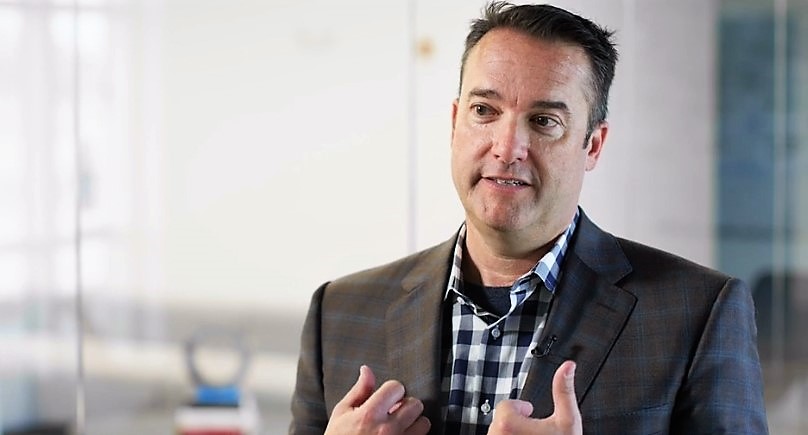Key Financial Considerations for Phase II Clinical Injectable Drug Manufacturing

By Doug Dayhoff, Chief Financial Officer, INCOG BioPharma
Doug is the CFO at INCOG. He has 20 years of experience leading teams, managing operations and raising capital in high-growth companies. Most recently, he served as Executive Director of Cell Manufacturing Solutions with Cook Regentec, a corporate venture studio focused on regenerative medicine technologies. He also served as board chair for Sexton Biotechnologies—a provider of bioprocessing tools for cell and gene therapies, which was acquired by Biolife Solutions (NASDAQ: BLFS) in 2021.
Prior to that, Doug served in various executive roles with organizations whose successes were based on building teams of amazing people and developing company cultures that balanced competitiveness with collegiality, and passion with analysis and planning.
Your CDMO’s Equipment/Facility Matters
When entering a partnership with a contract development and manufacturing organization (CDMO), it is important to understand the different types of manufacturing systems used to produce clinical drug product. In the event of early-phase success, a CDMO’s equipment and facility design can either accelerate or handicap your drug’s future potential and value.
Think Long-Term before making your short-term decision
Hidden in the manufacturing facilities of many CDMOs are the potential taxes of time, risk, and money due to equipment limitations. These taxes may not be apparent in the initial manufacturing campaign, but they will come to the forefront as the drug advances through clinical trials and into commercialization. Experienced drug developers will tell you to consider downstream consequences before selecting your initial manufacturing platform:
- How much might a delay cost your program if, in a subsequent phase, you are required to repeat studies when transferring manufacturing to a new line/facility?
- How much more valuable is your I.P. to a potential acquirer if you have already secured a rapid path to manufacturing its next phase?
- What is the value if your drug can beat a competitor’s candidate drug to the commercial market by twelve months?
- How much more favorably would the market adopt your drug if a competing product came to market in a multi-shot vial and your drug presented as a pre-filled syringe or within an auto-injector?
INCOG BioPharma selected and customized the OPTIMA MultiUse Filler line to occupy Fill Suite #1 due to this model’s superior flexibility and scalability, which enable you to migrate quickly to later phases with minimal risk and operational challenges. Inherent qualities in its design include:
- Scalability The OPTIMA MultiUse Filler line is capable of handling batches from 5L to 500L.
- Unmatched In-Process Controls The machine’s 100% in-process controls (IPC) guarantee minimal product loss and maximum yield, which is critical for high-value drugs, especially when preparing for commercial-scale volumes.
- Flexibility The OPTIMA MultiUse Filler line has the capability to switch from early clinical batches in vials to later batches in syringes or cartridges. A change in presentation may be recommended to maximize the value of the drug in the market.
- Easy Scale-Up The line’s flexibility and scalability eliminate the need to transfer fill-finish manufacturing away from the filling suite where the early-phase batch manufacturing took place, which saves time and money and reduces the risks of tech transfer.
New biopharmaceuticals that demonstrate clinical success deserve an accelerated path to market. A manufacturing strategy that is only fit for small-scale production carries with it unintended consequences and future challenges, which your team will have to manage at the same time you are navigating the new issues that accompany later phases.
Moreover, if you intend to partner with another company to execute later phases, your ability to negotiate favorable terms and maximize your economics will be enhanced if you already have a clear path to scaling up the manufacturing and a CDMO partner with demonstrated success in manufacturing your drug product.
As the old saying goes, “not everything that counts can be counted.”
While it may be impossible to calculate precisely the cost/benefits of all downstream events, an early-stage manufacturing strategy that maximizes future optionality, reduces time between milestones, and minimizes future risks and workload certainly has material financial value. As the old saying goes, “not everything that counts can be counted.”
